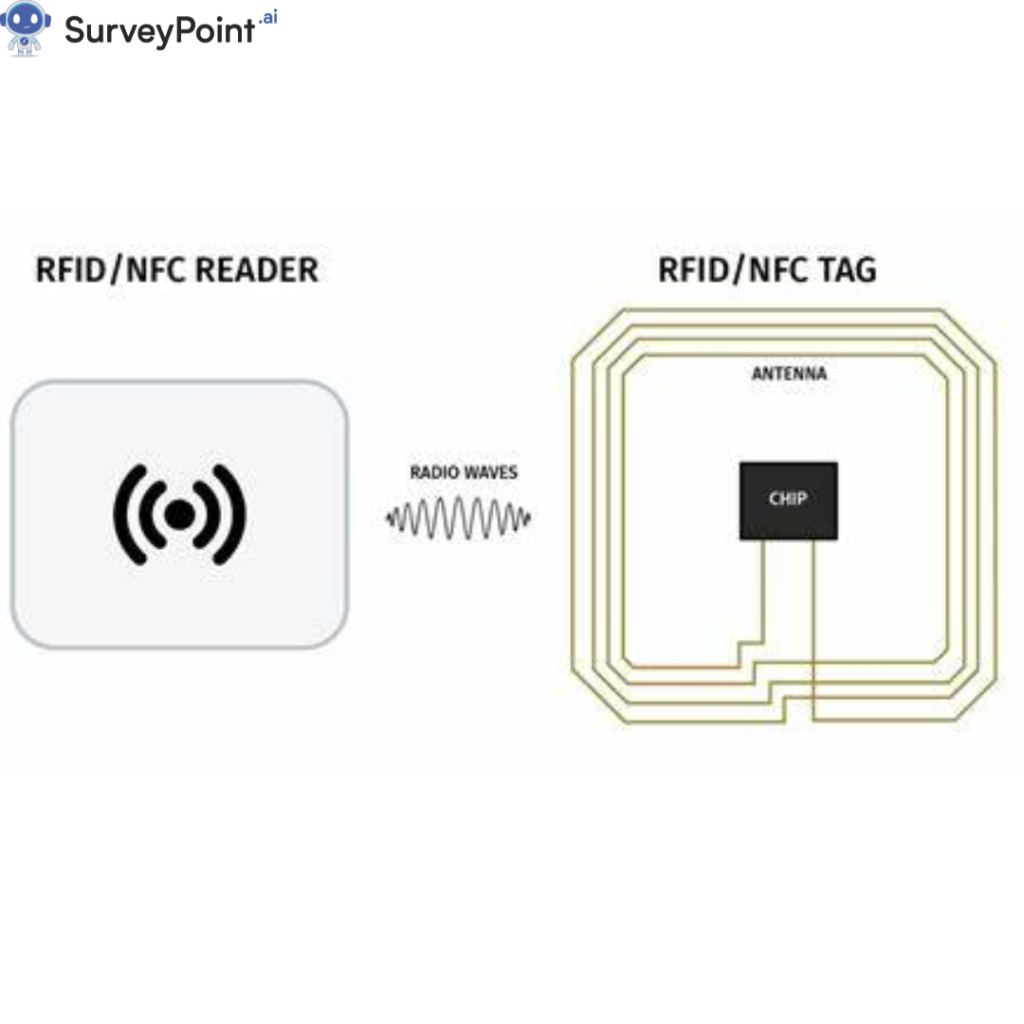
If you are not a seasoned pastor or have no experience in writing sermons, you are likely to wonder – “how to write a sermon?” It can be a daunting task to write a sermon that connects with your congregants and is effective enough for people to remember it.
According to reports, an average U.S. Protestant pastor takes over 14 hours to prepare his weekly sermon. It is never easy to preach God’s teachings, and without dedicated practice, determination, and consistent effort, writing a sermon can be challenging for you.
In today’s blog, we will take a closer look at the most powerful tips to write a sermon and master its art in no time.
How To Write a Sermon – Key Steps
Writing an effective sermon depends on various factors. Who is your audience, what is your experience, and what message do you wish to convey– all these play an integral role in determining how good your sermon will be.
If you are searching for “how to write a sermon for youth” or “where to get started,” follow the steps below:
Choose an Effective Topic
It is essential to choose what kind of sermon you wish to pick. When you prepare a topical sermon, you choose one verse or concept from the Bible to discuss, such as giving or prayer.
On the other hand, Expositional sermons examine specific Bible verses one at a time. Typically, they are part of a series about a particular book or teaching in the Bible, such as the sermon on the Mount.
If you have been trusted with the task of writing a sermon, follow the below steps:
- Ask God in prayer what to discuss.
- Look for key passages in your Bible that jump out at you.
- To find topics, turn to credible tools available in the market. You can look up quick summaries by searching for specific passages, themes, or people.
- Always keep in mind what your audience is expecting and wishes to hear. That’s your guiding light for writing an effective sermon.
Strategize Well
If you are wondering about - “how to prepare a sermon for the first time?” it is a good idea to prepare your sermons in advance. This aids in your sermon preparation. When you prepare in advance, you can predict what you’ll discuss for a month, several months, or even a whole year. You can follow this strategy rather than starting from scratch when writing a sermon. So, make an effort to plan ahead and begin writing your sermons early.
Another essential consideration to keep in mind is the commentaries. Pastors can use them to understand better how other preachers have addressed a subject that interests them. While other books go into greater detail on particular subjects, commentaries concentrate on biblical passages.
Pastors can benefit greatly from commentaries if they include references at the right time of their preparation. The last-minute study can add to stress and disrupt the flow of the sermon.
Draft a Powerful Outline

It’s time to begin writing your sermon after you’ve finished your research. Create a title for your sermon and have a clear idea of the main point you want to make. This is the time to start planning your sermon, and considering the quotes and images you will use.
It can be helpful to picture a specific congregation member or a select group of members when preparing a sermon. This enables you to write the sermon with them in mind and demonstrate compassion for the audience with whom you share God’s Word.
You must include relevant pictures and expert quotations in your sermon. It helps your audience better understand the text and grasp its intended meaning.
Remember that your key goal is to facilitate the understanding of the sermon amongst your listeners.
ALSO READ: Why Are Survey Questions Written in Plain Language?
Defining Introductions & Conclusions
Your sermon’s introduction and conclusion are extremely crucial. People choose whether or not to listen to your sermon at first. To capture their attention in the opening minutes, you must ascertain their areas of interest.
Your sermon’s conclusion is also crucial. Your congregation won’t know what to do if you don’t finish it well. What everyone should do after hearing your sermon needs to be made clear in your conclusion.
Final Touches
Having grammatical or spelling mistakes in your sermon can lessen its impact and drive people away.
- You must double-check for possible errors to give your sermon a more professional look. This will also ensure your exact message is conveyed to the audience. Try to minimize the use of jargon and keep your message simple yet powerful.
- Always consider how you might make your sermon more engaging for your audience by incorporating comedy or relatable situations.
- Prior to giving your sermon, practice it a few times to acquire confidence and identify any areas that need improvement. By practicing your delivery, you may establish a closer connection with your audience and make sure they understand your message.
ALSO READ: Unlocking the Secrets of Your Brand Perception Survey: A Comprehensive Guide
Know How to Write a Sermon Effectively!
Defining the exact rhythm and tone you wish to translate in your sermon is recommended. Efficiently outlining the start and end of the sermon can better guide your audience about the direction in which you are going.
You must use simple words that everyone can understand. Try concluding with a powerful message that moves the audience and encourages them to become their best selves.
It is crucial to understand that there is no perfect way to write a sermon. Your direct connection with the almighty makes you enhance and produce the most effective sermon that touches the hearts of your audience. While you have been trusted to convey essential spiritual preaching to the audience, try to draft an engaging and compelling sermon.
It is also interesting to note that preparing a powerful sermon cannot be done overnight and requires dedicated efforts over some time. Always try to know at least a month before your actual day of delivering the sermon!
Not Sure Where To Begin?
Explore our solutions to discover what is most important to your customers,
clients, and prospects. And best of all – it doesn’t take any coding!
Free Trial • No Payment Details Required • Cancel Anytime




